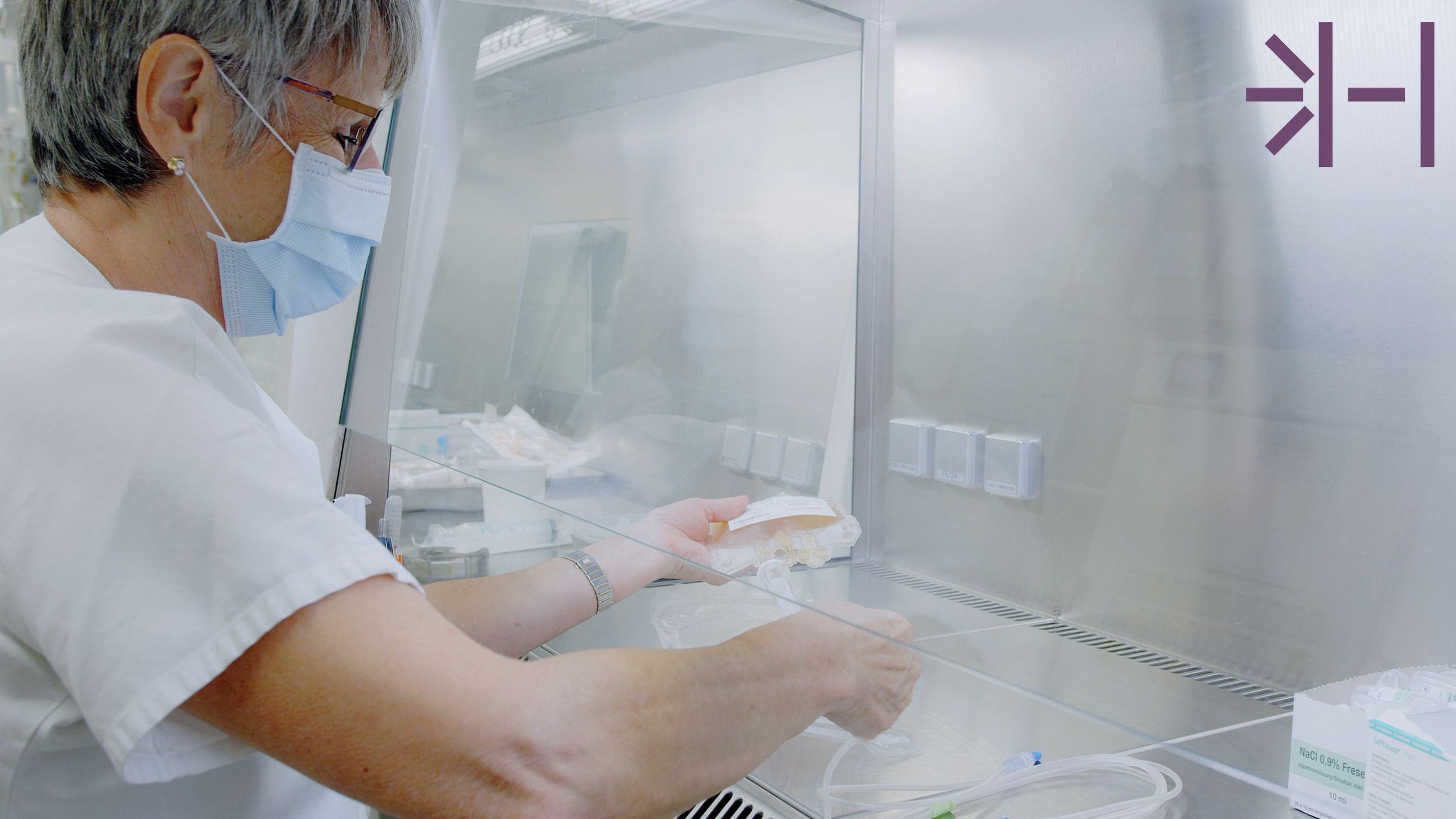
Cell therapies
Cell therapies are part of the success story of the University Hospital Basel, for example in stem cell transplantation and organ transplantation. We are building on this expertise. In recent years, we have been able to develop novel cell therapies for the fight against cancer and infectious diseases. These treatments are nationally and internationally unique and exemplary for our university hospital.
These include virus-specific T lymphocytes, which we can use for viral infections that are difficult to treat, natural killer cells and so-called CAR-T cells for the treatment of patients with blood and lymph gland cancer and tumor-infiltrating lymphocytes, which can be used to treat solid tumors. A multidisciplinary team from oncology, haematology, infectiology and nephrology works closely together in the Innovation Focus Cell Therapies. We want to expand and further develop the range of innovative cell therapies in order to make these therapies available to our patients.
This symposium, organized by the Innovation Focus Cell Therapies of the University Hospital Basel, aims to gather several leaders in the field of engineered stem cells and cellular immunotherapy and to foster interaction and exchange of scientific ideas among clinicians, scientists, and other stakeholders in the field.
Here you will find all information about past and upcoming events.

What is the Innovation Focus Cell Therapies about?
An experienced team of clinicians and researchers from the fields of oncology, hematology, infectiology and nephrology coordinate and develop interdisciplinary cell therapy programs to fight cancer and infectious diseases on a synergetic, multidisciplinary platform.
Principles of cell therapies
A step-by-step process that can be summarized as follows:
- Collection of cells either from the patient or from a healthy donor
- Processing: selection/enrichment/genetic modification of the harvested cells
- This procedure combines gene therapy and cell therapy (also known as ex vivo gene therapy)
- Infusion of the cells into the patient
In recent years, we have been able to develop novel cell therapies that are nationally and internationally unique and exemplary for our university hospital. We are constantly developing our range of innovative cell therapies in order to provide our patients with new treatment options.
Different cell therapies for different diseases
- Tumor-infiltrating lymphocytes (TIL) and chimeric antigen receptor T cells (CAR T cells) are used against solid tumors
- Virus-specific T cells (VST) are used to fight infections in immunological risk patients, especially after organ transplants
- Natural killer cells (NK) and CAR T cells are used against hematologic cancers
Article on the Innovation Focus Cell Therapies
- Establishing cell therapies in the clinic: University Hospital Basel focuses on interdisciplinary and translational research with the "Innovation Focus Cell Therapies"
To the article
- Cellular therapies: Innovation in the USB tradition
To the article
Current projects
Specific T cells against refractory infections with Epstein-Barr virus, cytomegalovirus or adenovirus
Viral infections with cytomegalovirus, Epstein-Barr virus, adenoviruses or polyomaviruses often occur after a transplant, taking advantage of a weakened immune system. Virus-specific T cells taken from a donor are able to fight these infections. Since 2014, we have been producing these specific T cells against in a special facility in the Department of Haematology and using them in the first and only clinical trial of its kind in Switzerland.
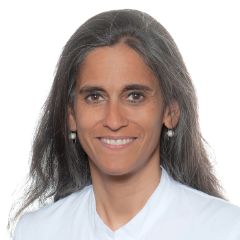
Prof. Nina Khanna Gremmelmaier
Chefärztin
Klinik für Infektiologie
Leiterin Klinische Infektiologie
Tumor-infiltrating lymphocytes (TIL) against melanoma, lung cancer and other solid tumors
This therapy is based on the action of your own immune cells, the T lymphocytes, which have infiltrated the tumor to fight it (TILs, Tumor Infiltrating Lymphocytes). These lymphocytes are first multiplied in the laboratory from a piece of tumor that has to be surgically removed before they can be returned to you to fight the disease. In addition to black skin cancer (melanoma), which we already treat, TIL treatment can in principle be effective against many types of solid tumors. It has great potential to increase the efficacy of immunotherapies already used in oncology. For this reason, we are currently developing future therapy options based on this technology. In the near future, we will start a study that will also include patients with lung cancer.
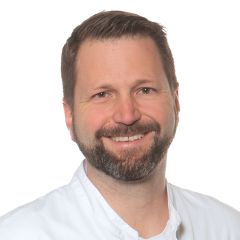
Prof. Heinz Läubli
Leitender Arzt / Leitung Klinische Forschung
medizinische Onkologie FMH, allgemeine Innere Medizin FMH, Mitglied Tumorzentrum, Forschungsgruppenleiter Tumorimmuntherapie, DBM und DKF
Hirntumore, Hauttumore, Thoraxtumore, Immuntherapie
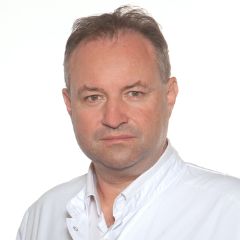
Prof. Alfred Zippelius
Co-Chefarzt
Medizinische Onkologie FMH, Mitglied Tumorzentrum, Leiter Labor Tumorimmunologie
Hauttumore, Thoraxtumore, Immuntherapie
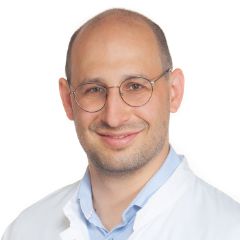
Dr. David König
Oberarzt / Leitung Klinische Forschung
medizinische Onkologie FMH, allgemeine Innere Medizin FMH, Leitung klinische Forschung
Leiter Zentrum für Lungentumore
CAR T cells against lymphoma and leukemia
CAR T-cell therapies use the T-lymphocytes of your immune system. These cells are removed by blood washing and then genetically modified in the laboratory to produce specific proteins (receptors) that can recognize cancer cells. These so-called CAR T cells are then returned to your body, recognize the cancer cells and destroy them.
This works particularly well with the tumor marker CD19, as it is found in most B-cell lymphomas and B-cell leukemias. Anti-CD19 CAR-T cells are therefore extremely effective in the treatment of leukemia and advanced lymphomas.
The University Hospital Basel has been accredited for the use of anti-CD19 CAR-T therapies since 2019.
We are also currently developing further CAR-T therapies that can also detect other types of cancer or be even more effective against lymphomas and leukaemias.
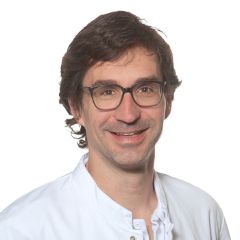
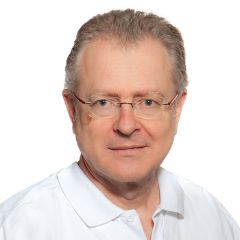
Prof. Jörg Halter
Leitender Arzt
Hämatologie
Leitung Behandlungszentrum Stammzelltransplantation
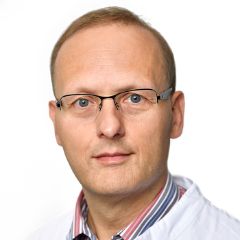
Prof. Dr. Frank Stenner
Stv. Chefarzt
Innere Medizin (D,CH), Hämatologie (D,CH), Onkologie (CH)
Urogenitale Tumore
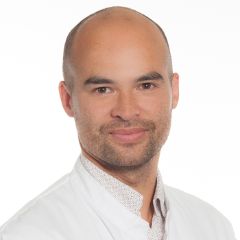
PD Dr. Benjamin Kasenda
Leitender Arzt
Innere Medizin Hämatologie/Onkologie und FA medizinische Onkologie
Gastrointestinale Tumore
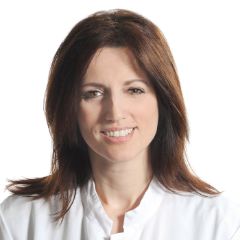
Dr. Fatime Krasniqi EMBA(MBS)
Kaderärztin, Klinikmanagerin
Innere Medizin, Hämatologie und medizinische Onkologie (D), Palliativmedizin
Stv. Leiterin Zentrum für Hämatoonkologie
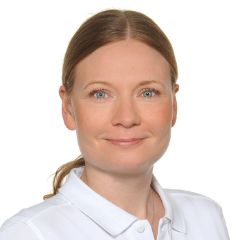

NK cells against acute myeloid leukemia
Natural killer cells (NK cells) are lymphocytes of the innate immune system that are able to kill tumor cells or infected cells.
We have established a process for isolating, multiplying and activating these cells and are using them in a clinical trial as preemptive immunotherapy after haploidentical stem cell transplantation in patients with acute myeloid leukemia.

Management Team

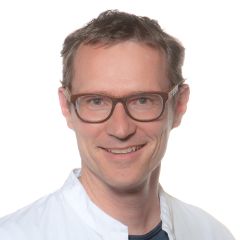
Prof. Lukas Jeker
Forschungsgruppenleiter
Transplantationsimmunologie & Nephrologie
Leiter Grundlagenforschung Transplantationsimmunologie & Nephrologie

Prof. Nina Khanna Gremmelmaier
Chefärztin
Klinik für Infektiologie
Leiterin Klinische Infektiologie

Prof. Heinz Läubli
Leitender Arzt / Leitung Klinische Forschung
medizinische Onkologie FMH, allgemeine Innere Medizin FMH, Mitglied Tumorzentrum, Forschungsgruppenleiter Tumorimmuntherapie, DBM und DKF
Hirntumore, Hauttumore, Thoraxtumore, Immuntherapie
Steering Committee
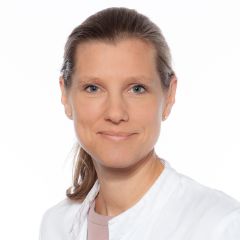
Prof. Mascha Binder
Klinikleiterin, Chefärztin Onkologie
Innere Medizin, Hämatologie und medizinische Onkologie, Palliativmedizin

Prof. Andreas Buser
Leitender Arzt Hämatologie und Chefarzt Blutspendezentrum SRK beider Basel
Hämatologie und Blutspendezentrum SRK beider Basel

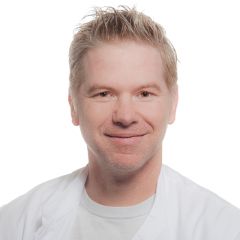
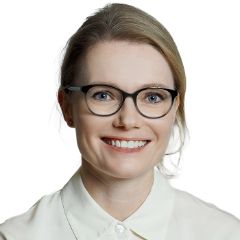

Prof. Alfred Zippelius
Co-Chefarzt
Medizinische Onkologie FMH, Mitglied Tumorzentrum, Leiter Labor Tumorimmunologie
Contact us
